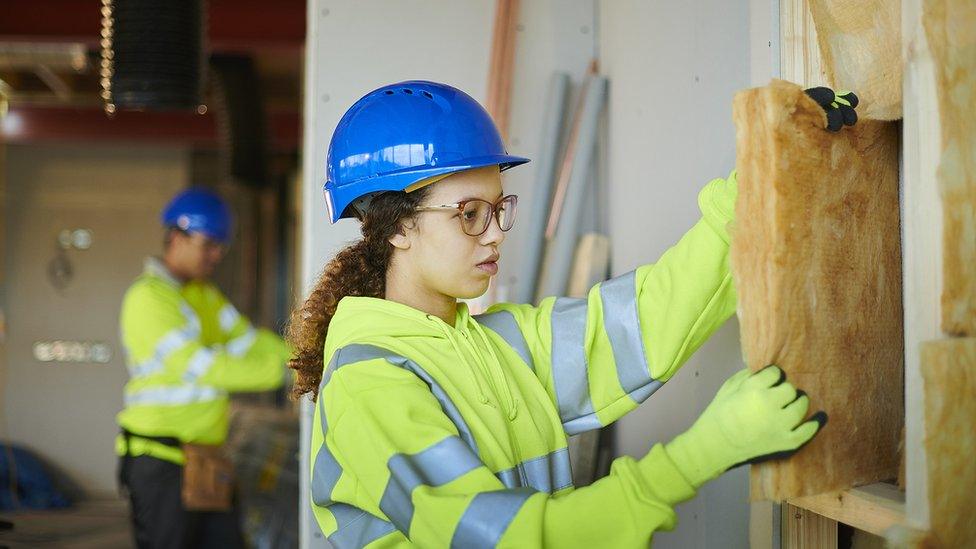Tyneside councillor warns home insulation scheme 'doomed to fail'
- Published
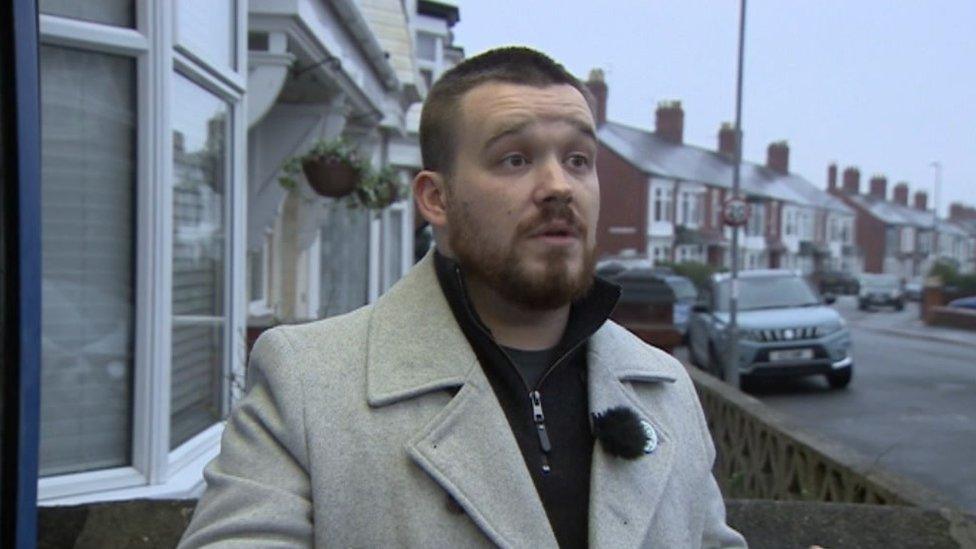
Andrew Guy said the new scheme should have started before the winter
A new government home insulation scheme is set up to fail like its previous eco projects, a councillor has warned.
From spring next year grants will be available, external for homes with low energy efficiency ratings and in lower council tax bands.
The government said the £1bn ECO+ scheme could save households about £310 a year.
But South Tyneside Green councillor Andrew Guy said: "This winter is when we need the help to be there."
Mr Guy said installers would not know what was happening until March.
"Then, suddenly, similar to the Green Homes grant, there's going to be floodgates opened to a grant that nobody really knows about," he said.
"Installers [will be] overwhelmed by things they haven't even had time to read themselves. Then the scheme will go quiet and flat."
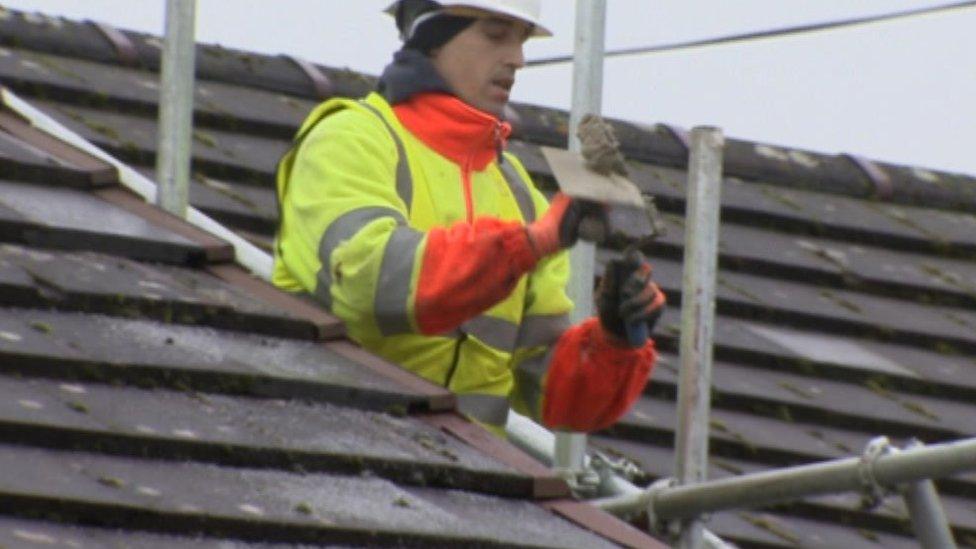
Work under the Social Housing Decarbonisation Fund is taking place in Otterburn
The Department for Business, Energy, Industry and Skills said households who did not benefit from any other government support would be able to fund low-cost measures such as loft and cavity wall insulation.
The average cost per household is expected to be £1,500.
The north-east company delivering a previous government project, the Social Housing Decarbonisation Fund, said the new scheme would reach a wider demographic.
Thrift Energy commercial director Josh Raffo said there had been a lack of schemes available to middle earners.
"It'll be welcomed by those people who are also feeling the pinch from the cost the living crisis," he said.
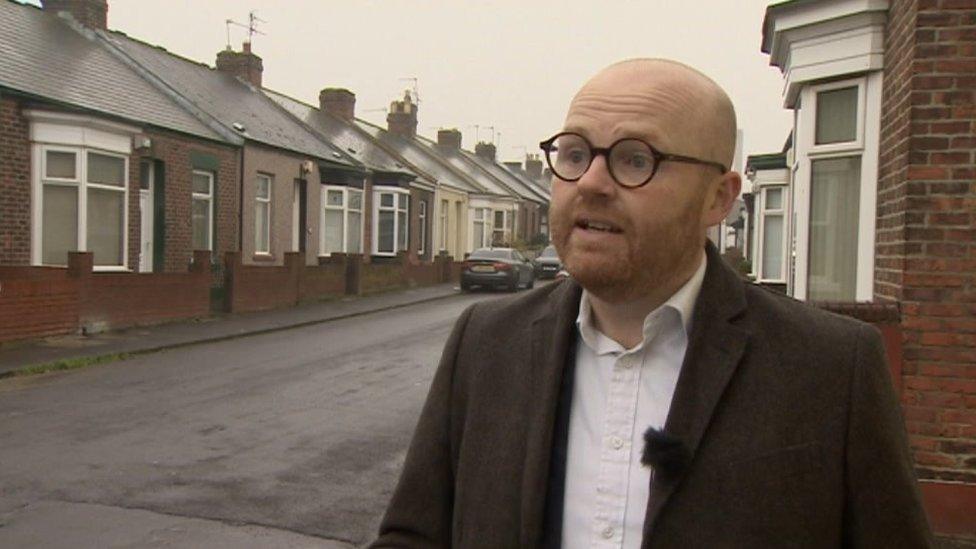
Brian Robson said the North's draughty old housing needed to be targeted by the scheme
Owner occupied homes with low energy-efficiency ratings are the main target of the fund, with owners expected to cover some of the costs.
Brian Robson, from the Northern Housing Consortium, said the region had 3.8 million poorly insulated and draughty homes below the government's key EPC (Energy Performance Certificate) C-rated benchmark.
"We've got an energy efficiency mountain to climb in the north of England," he said.
"Sunderland cottages, Tyneside flats, those are typically the kind of homes that were built early in the last century or before that, and just weren't built to today's standards so they're not thermally efficient."

Follow BBC North East & Cumbria on Twitter, external, Facebook, external and Instagram, external. Send your story ideas to northeastandcumbria@bbc.co.uk, external.
- Published1 December 2022
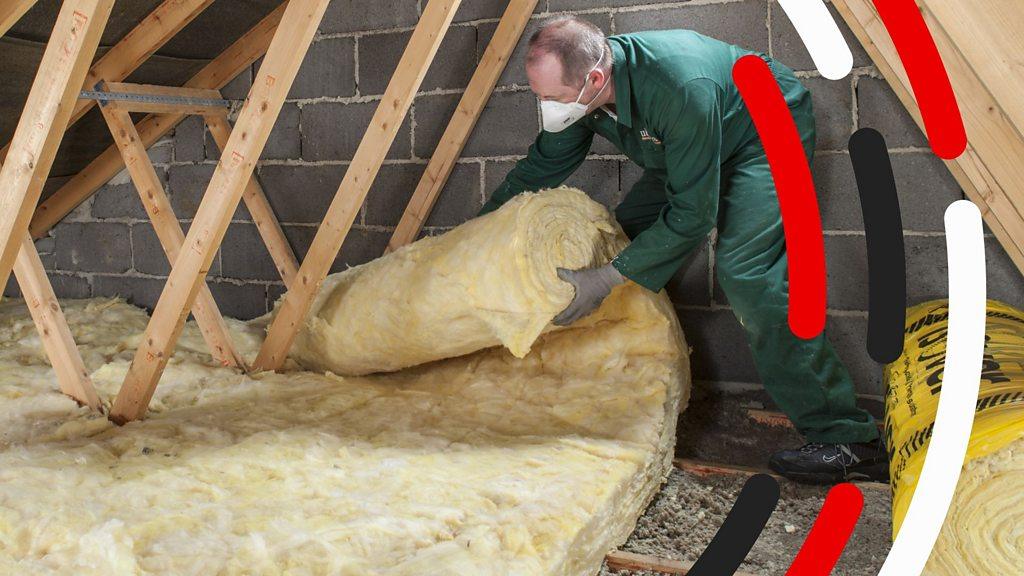
- Published28 November 2022
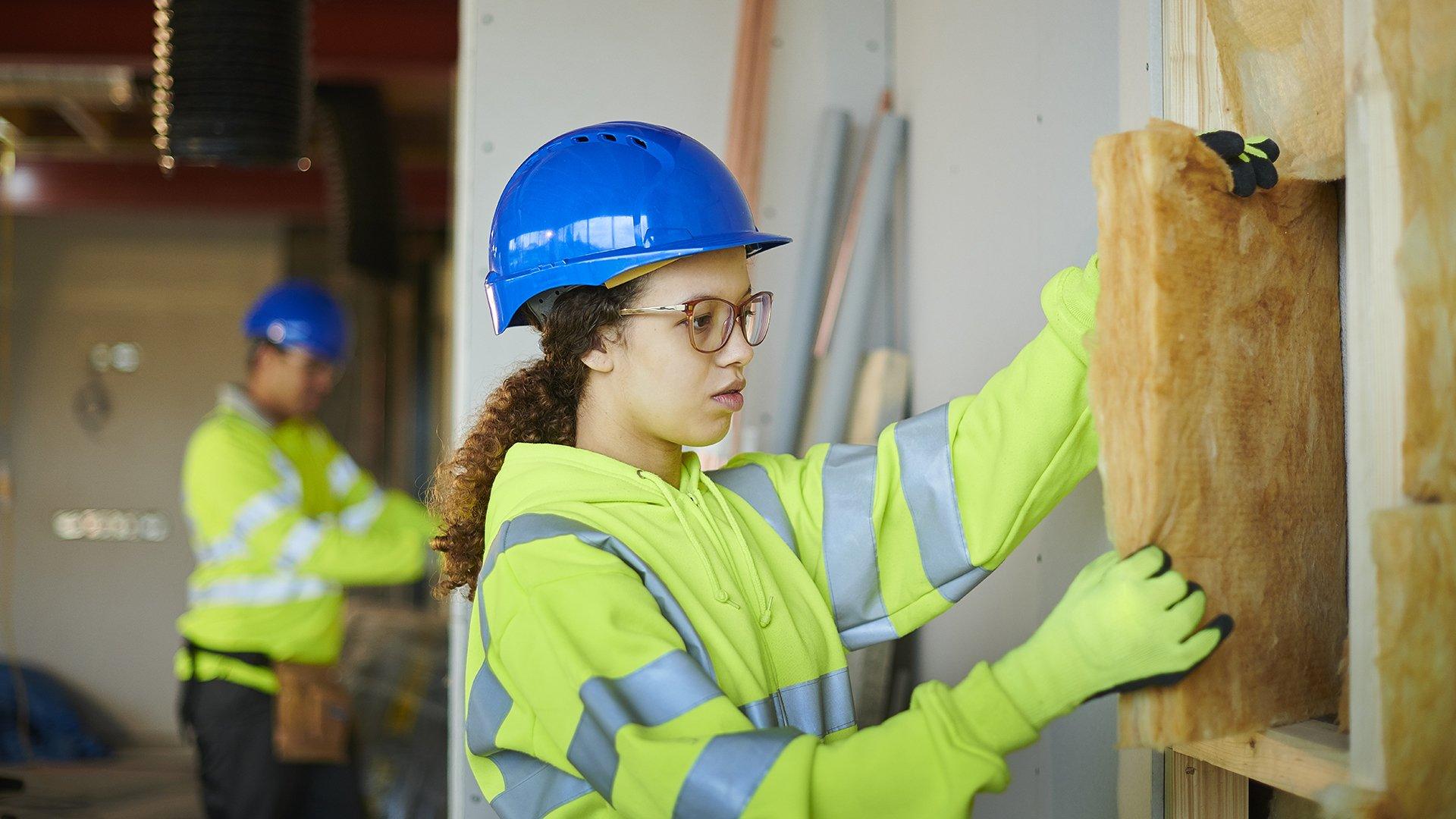
- Published28 November 2022
